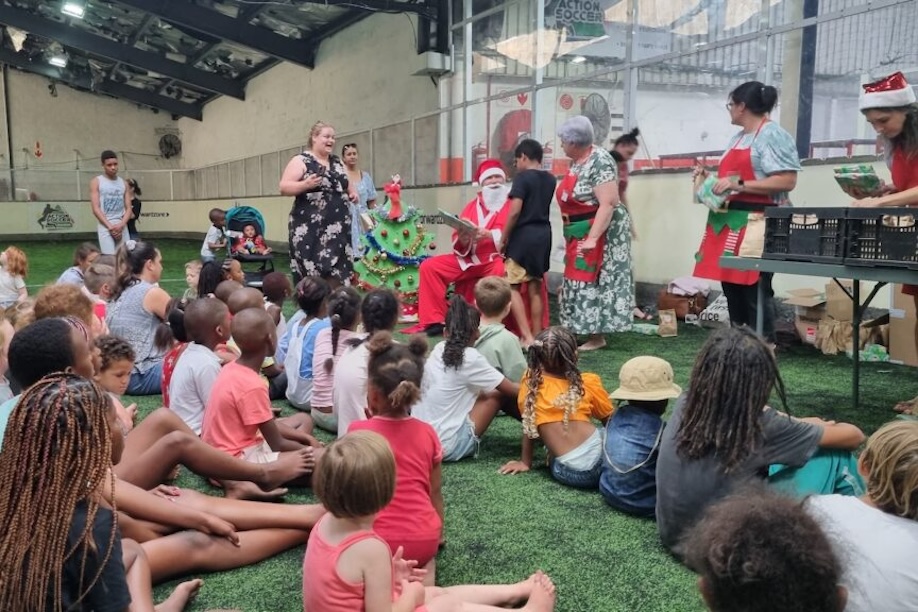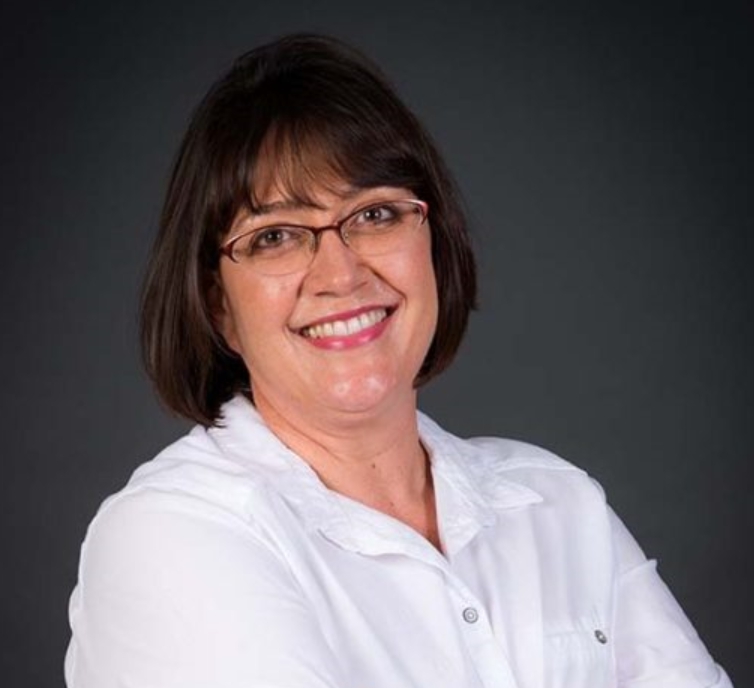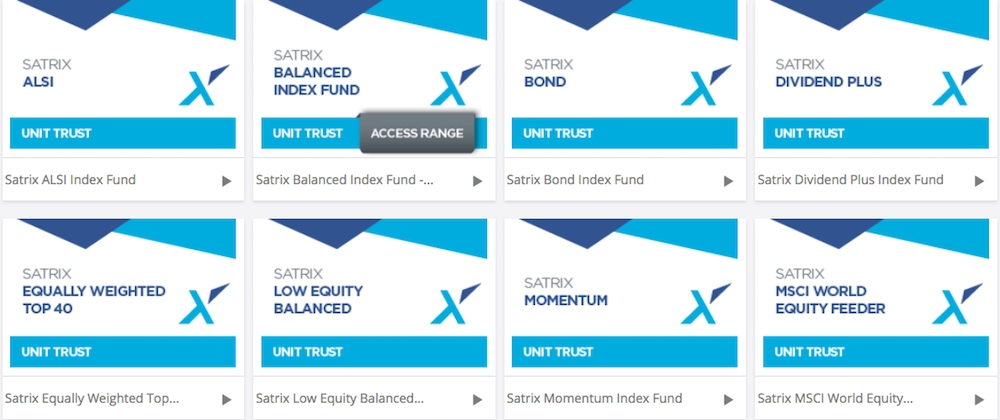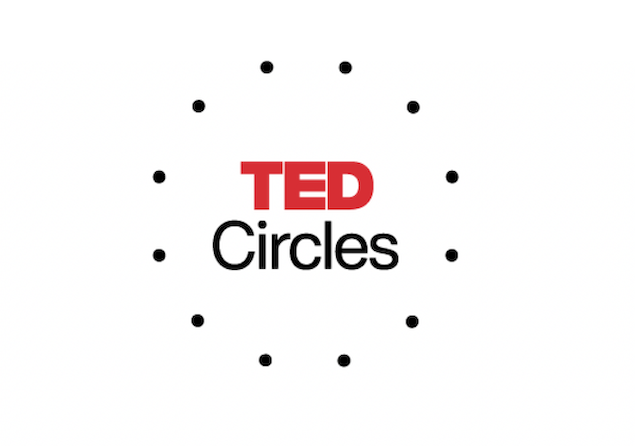
Navigating a changing world – TED Circles with CN&CO
At CN&CO we love the ideas, connections, and inspirations that we get from watching TED Talks. We use TED to expand our thinking, you can check out the weekly TED Tuesday blog series to see some of our favourite talks. Back in 2015 we launched our ConFab sessions and had the opportunity to learn from those around us. We enjoyed wide ranging discussions and the sessions bought people together from a variety of professions, walks of life and with differing points of view. Well our Confabs have evolved and we now have the opportunity to host our own TED Circles.
Each month the TED Circles team select a theme to frame the discussion, this month it was “A changing world”. Certainly, a very apt theme for the current circumstance in which we find ourselves and the talks under this theme are extremely thought provoking. By the way, these themes were picked by TED curation team prior to the onset of the global COVID-19 crisis.
The transition from March’s theme of “who has the power” into this month’s theme was awesome and it gave me plenty of food for thought as we grapple with the role technology plays in our everyday lives. One of the things that I love about this opportunity to host a TED Circle is the diversity of audience and the variety of ideas that are expressed based on their back ground.
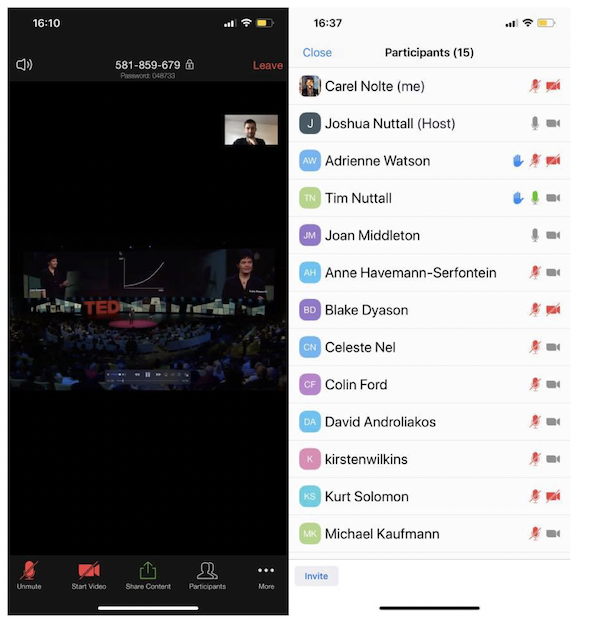
TED Circles is an open platform of small groups that engage in conversations about ideas.
Here’s a quick overview of some of the points that we discussed during the session. As you think more broadly about this month’s TED circle theme and watch the talks, I challenge you to think about the change you want to see in the world and how you can contribute towards it. We all have a role to play in our connected future.
We watched a talk from TED 2018, by Kate Radworth, titled A Healthy Economy should be designed to thrive, not grow
Discussion points:
- How did this talk redefine your perceptions of economic growth, if at all?
- Where do you think our country is in the five stages of growth?
- What examples or models have you seen in your community that place greater emphasis on social and ecological responsibility? If there isn’t a greater emphasis, what would you like to see?
- Education models – shifts changes and the support needed to build the future.
- Broader support from society – to move towards a doughnut future
- Learning from history – relevant lessons. What can we learn from the past? Is it relevant to turn to the past for answers? Have the things that are happening today happened before?
- Living in the 21st century using models from the 20th century – are we missing something?
- Impact of a global pandemic on nationalism and globalism – how are leaders responding? This read offers an interesting perspective “Yuval Noah Harari: the world after coronavirus”.
- The circular economy – changing economy principles. Systems thinking and thinking through the entire process. Check out the new Plastics Economy and the SA Plastics Pact. Businesses like Imagined Earth are offering alternatives to fit modern consumer lifestyles and building business models to support these changes.
- Interconnectedness of the world – have you ever stopped to think about where everything comes from? Supply chain management, resources, local productions and efficiencies.
- The attention economy – do we have control of our time? Or rather who controls our time – increased amount of time online and our dependence of platforms (social media and the like). Check out Tristan Harris and the work of the team at the Centre for Human Technology.
- Developing a world with constraints – don’t we always operate within a constrained environment? Do we only become aware of constraints when something is taken away from us?
- Siloed thinking. What can we learn from other models and how will having knowledge of these, such as Kasinomics, help us build a better future?
- Kate raised an interesting point about a distributed economy – something that I think is vital to lessen the gap between the ‘haves’ and the ‘have nots’
- Lessons from nature and biomimicry – when does nature stop growth and start sustaining? What lessons can we learn that can help change our addiction to growth?
Other talks that tie into the theme:
What if we replaced politicians with randomly selected people
How nationalism and globalism can coexist
The new political story that could change everything
So in summary, this month’s TED Circles theme challenged my thinking and encouraged me to deep dive on a number of topics. Two thinkers whose insights have taught me a lot are Ray Dalio and Tim Ferris. Check out Ray’s LinkedIn page and his book Principles if you haven’t. Tim’s insights into stoicism (philosophy of life) have given me a different perspective to approach things with and have made me realise that we are all part of a much bigger picture.
You can join our next TED Circles get together on the 15th of May 2020 HERE. Tune in from the comfort of your own home for an hour during which time we will watch two short TED Talks and collaborate through conversation.



